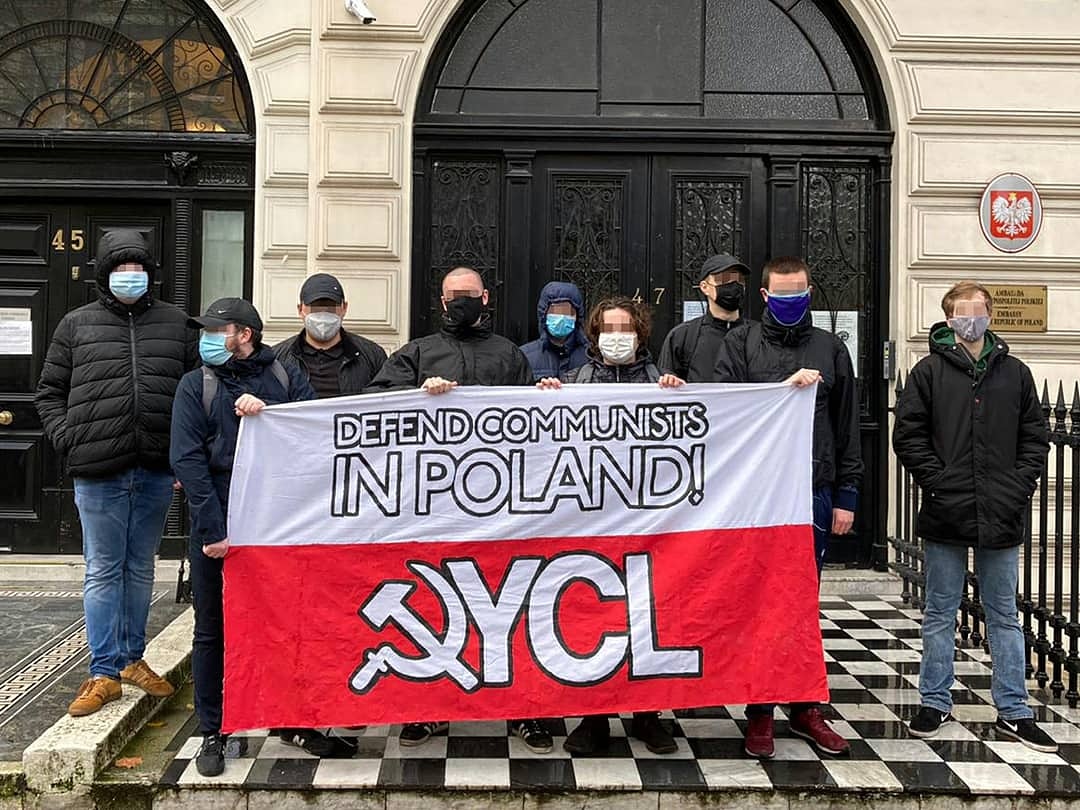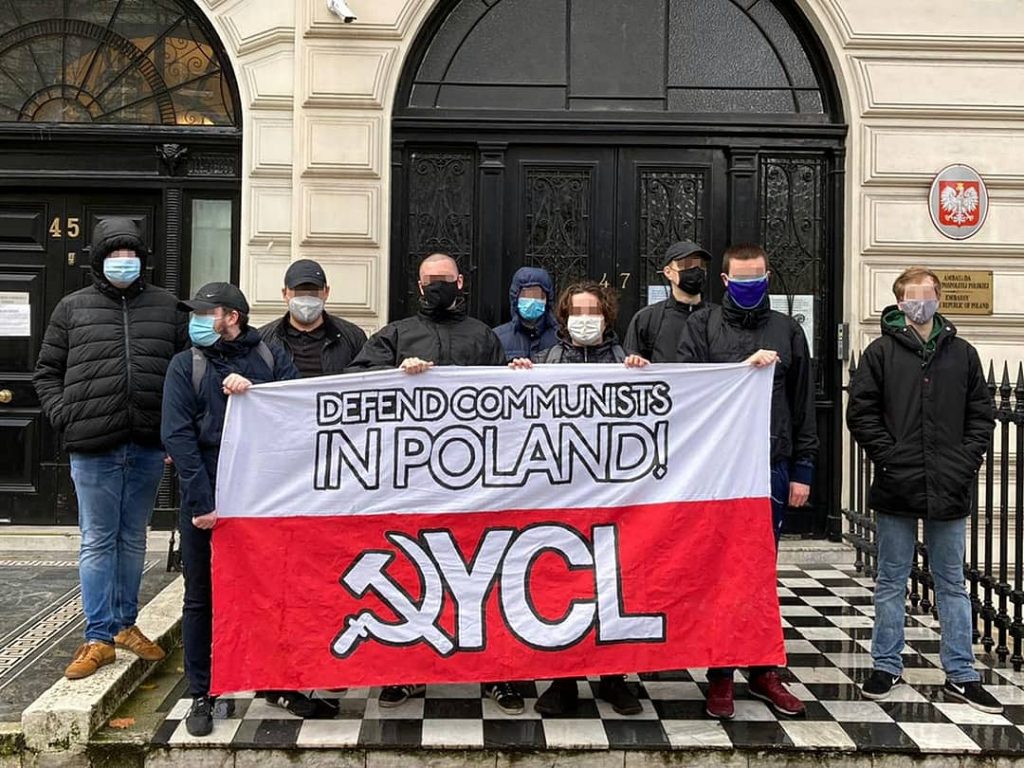Tomasz Nowak warns the growth of reactionary ideologies and political policing in eastern Europe cannot be seen in isolation
On December 6 it was announced that Poland’s ruling Law and Justice Party (Prawo i Sprawiedliwosc — PiS) Justice Minister and Public Prosecutor General Zbigniew Ziobro had filed for the Constitutional Court to ban the Communist Party of Poland (KPP).
Ziobro has justified his actions by saying the KPP “are campaigning directly for a revolution similar to the October Revolution in Russia, after which the Bolsheviks took power. The goal is not only to seize power, but also nationalisation and collectivisation through the use of force.”
On top of this he says that “the KPP’s programme expresses support for the political system of the Soviet Union,” and “communist criminals such as Joseph Stalin and Felix Dzerzhinsky are also glorified.”
Poland has experienced one of the most politically divisive years in the former socialist nation’s history.
With the increasing alignment between church and state, Poland has become a breeding ground of reactionary politics.
The beginning of this year saw the introduction of new “LGBT free zones” which sparked outrage from thousands of Polish people alongside international LGBT and human rights groups.
This autumn the high court upheld the draconian 1993 anti-abortion legislation that stated that even if a foetus was destined to die, a woman would not be able to request an abortion. Post-ruling, the women’s strike “strajk kobiet” became one of the biggest strikes in Poland’s history.
The PiS government’s attempt to ban the KPP is another backward step in the assault on progressive groups and ideas.
Since the fall of the eastern bloc and subsequent scandalous looting of public assets by cartels and oligarchs, countries like Poland have fallen prey to far-right opportunists.
Although most ex-socialist eastern bloc countries banned communist parties after the USSR’s collapse, during the early 2000s, new Marxist-Leninist parties began to emerge — albeit smaller than their Soviet-supported predecessors.
The KPP was part of this re-emergence and was founded in 2002. Modelled on the ideals of the original pre-WWII Communist Party of Poland, the KPP stress that they are anti-revisionists unlike the former ruling Polish United Workers Party (1948-1989).
However, after more than a decade of tolerance, many governments of Eastern Europe are beginning to see the growth of these relatively new communist parties as a threat. As a result, governments have begun introducing new “decommunisation” legislation.
Ukraine was one of the first to join the second wave of decommunisation since the 1990s when in 2015 it outlawed all communist symbols and monuments.
In 2017, Poland followed when the PiS government amended the country’s original decommunisation laws. Like Ukraine, this included the demolition of Soviet-era monuments.
Justifying the plans to criminalise the KPP, the National Prosecutor’s Office have said that “the actions [to file for criminalisation] were undertaken at the request of citizens. In the letters addressed to the prosecutor’s office, they indicated that the KPP, among other things, referred in its programme and practices to totalitarian methods and practices of communism, which were inconsistent with the Polish constitution.”
When neonazi groups such as the Golden Dawn in Greece have been banned many on the left celebrate this without considering the role of political policing when used against the left.
As has been seen with Poland, communist groups are often tarnished under the same brush that fascists are: Poland states that it criminalises “authoritarian ideologies.”
In Britain alone, the new MI5 anti-leftist task force alongside invasive legislation such as the Spycops Bill attest to how communists in particular should be extremely vigilant about surveillance and state bans.
On Saturday the Young Communist League’s London and Manchester branches protested in support of the KPP. In London, the YCL protested alongside members of the Greek KNE outside of the embassy of the Republic of Poland. In Manchester, the YCL protested outside the city’s Polish consulate.
YCL chair Robin Talbot said: “It is our duty to stand up for the oppressed voices of the world, especially those voices that happen to be our comrades.
“Having already protested outside the Polish embassy earlier this year in objection to the draconian ‘LGBT free zones’, we in the YCL want to extend our hands further to those Polish comrades currently under attack by the PiS government.”
In a statement, the KPP said: “Today we are facing a challenge: an attempt to criminalise the party through a motion by the Justice Minister to the constitutional tribunal.
“Despite the increased repression against members of our party in the last five years, we won’t surrender. The ruling PiS government won’t last and the fight for social justice will prevail. Communism cannot be banned. We were, we are and we will be.”
Tomasz Nowak




